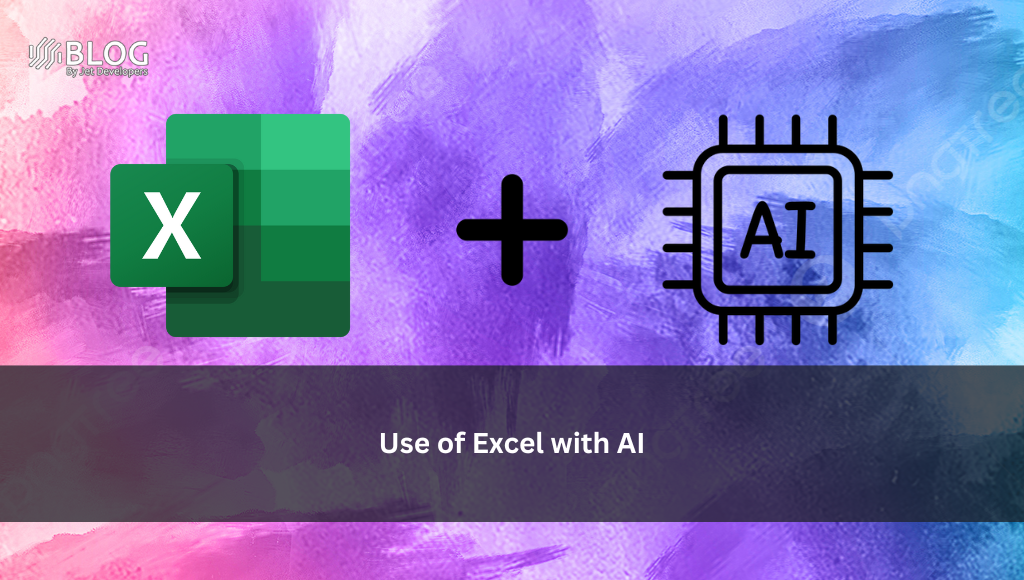Salesforce, a leading CRM vendor, has introduced new generative AI workflow tools for Sales Cloud and Service Cloud, known as Sales GPT and Service GPT respectively. These innovative capabilities aim to simplify workflow processes and enhance customer engagement for sales and service teams.
The newly announced tools are designed to accelerate deal closures, anticipate customer needs, and boost overall productivity. Salesforce leverages its AI solution, Einstein GPT, to power these new services, which operate within an open ecosystem utilizing real-time data.
To address concerns regarding enterprise data security and compliance, Salesforce has implemented a trust layer within Einstein GPT. This ensures the protection of sensitive customer data, preventing large language models (LLMs) from retaining it, thus maintaining robust data governance.
Bill Patterson, EVP and GM of C360 applications at Salesforce, stated that their new solution offers trusted AI capabilities embedded with security, ethical guardrails, and proactive measures to identify potential issues before they arise.
Salesforce also revealed plans to integrate trusted generative AI capabilities into its various other offerings, including Marketing, Commerce, Slack, Tableau, Flow, and Apex.
Aligning with the recent trend of customer-centric vendors, Salesforce joins the wave of generative AI advancements. Many tech giants and smaller vendors have already unveiled or announced plans for integrating generative AI into their products and services.
Transforming Customer Experience through Generative AI
Salesforce highlights the potential of generative AI to revolutionize the roles of sales and service professionals. In a recent survey conducted by the company, approximately 73% of workers expressed concerns about new security risks associated with generative AI. However, despite these concerns, the majority (61%) already use or plan to use the technology in their work.
The survey also revealed that nearly 60% of respondents who intend to use generative AI lack knowledge about its implementation, particularly regarding trusted data sources and data security.
Patterson emphasized the importance of building a foundation of trusted data, security, and ethics to mainstream the power of generative AI.
Enhanced Workflow and Customer Engagement
Salesforce’s new generative AI offerings will automate the generation of personalized emails within CX and CRM platforms. Sales Cloud users can leverage Einstein GPT to create relevant emails using CRM data, eliminating the need for manual note-taking and enabling prompt follow-ups.
Sales GPT covers the entire sales cycle, including account research, meeting preparation, and drafting contract clauses. It provides AI-generated summaries and actions integrated with the Salesforce CRM platform, ensuring automatic updates.
On the other hand, Service GPT empowers field service teams with AI-driven personalized responses generated in real-time based on customer data. This enables service agents to expedite issue resolution, providing efficient and effective customer support.
Productivity and Security Combined
Patterson highlighted that Einstein GPT combines AI-powered productivity enhancements with robust data security in both Sales GPT and Service GPT.
Users not only benefit from Einstein’s AI productivity capabilities, which generate over 200 billion AI-powered predictions daily, but also rely on the zero-retention data policy of the Einstein GPT Trust Layer. This policy ensures responsible handling of user and customer data.
Patterson added that Salesforce has been integrating AI technologies, such as Einstein, into its Customer 360 platform for years. Generative AI now presents exciting opportunities across sales, customer service, marketing, commerce, and IT, generating significant enthusiasm to realize this potential. By leveraging Data Cloud and Customer 360 to unify data, organizations can unlock a complete view of each customer, enabling them to create unique and personalized experiences.






